Common Water Heater Myths:
What You Need to Know
As a homeowner, you may have encountered various myths surrounding water heaters. Differentiating between fact and fiction can be challenging, but worry not. Our comprehensive guide on common water heater myths will provide you with valuable insights and reveal surprising truths. Let's debunk these myths together.

Myth #1: Water Heaters Last Forever
Contrary to popular belief, water heaters have a limited lifespan. While they can last for several years, factors such as usage, maintenance, and quality influence their longevity. Typically, water heaters have an average lifespan of 8 to 12 years. Failing to replace an old unit in a timely manner can result in costly repairs and potential water damage to your home. If your water heater is approaching its lifespan, it's wise to explore replacement options early on to avoid unwanted scenarios.

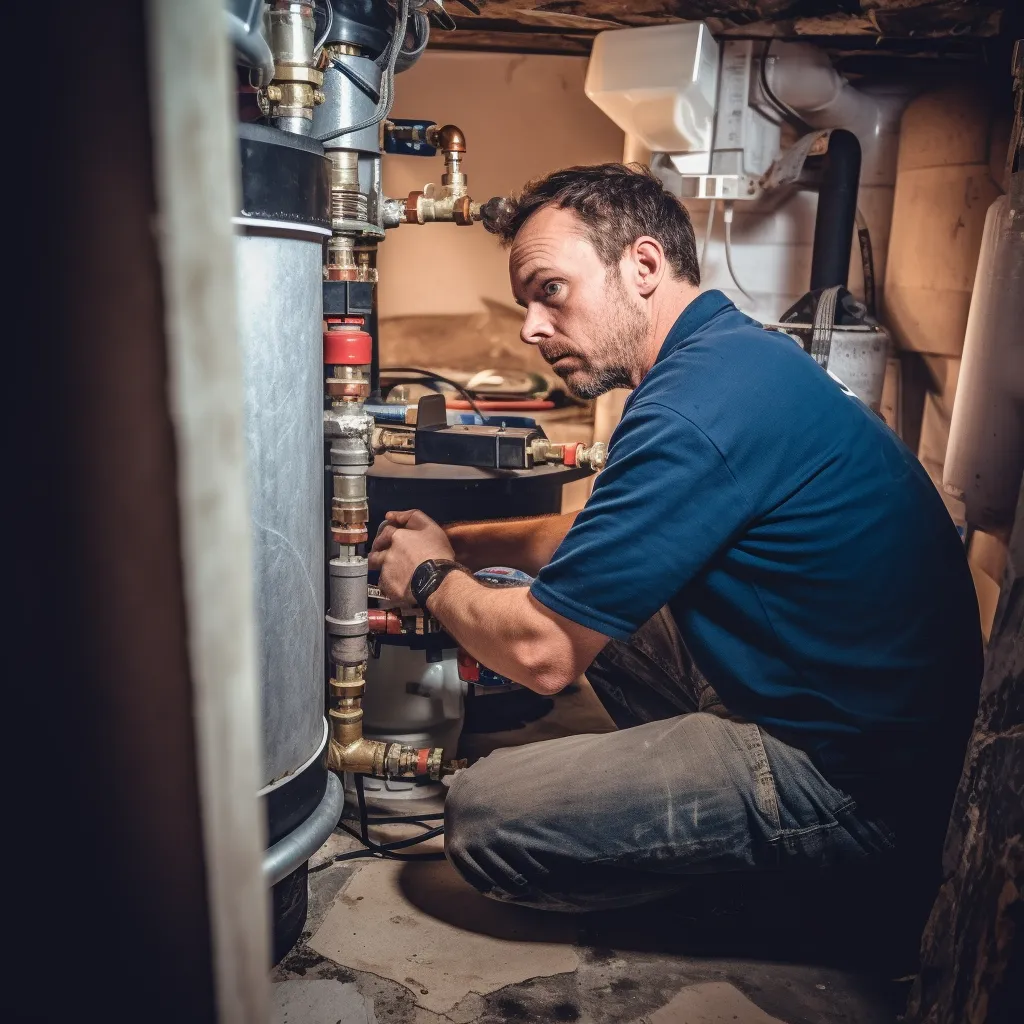
Myth #2: All water heaters are the same
Water heaters are not created equal! Just like any other appliance, they come in various sizes, shapes, colors, and efficiencies. When making a purchase decision, consider your hot water needs, the desired speed of hot water delivery, and potential energy savings. By selecting the right water heater, you can save significant amounts on your energy bills. Don't fall for the myth that all water heaters are the same; instead, make an informed choice that will provide you with consistent hot water year-round while putting money back in your wallet.
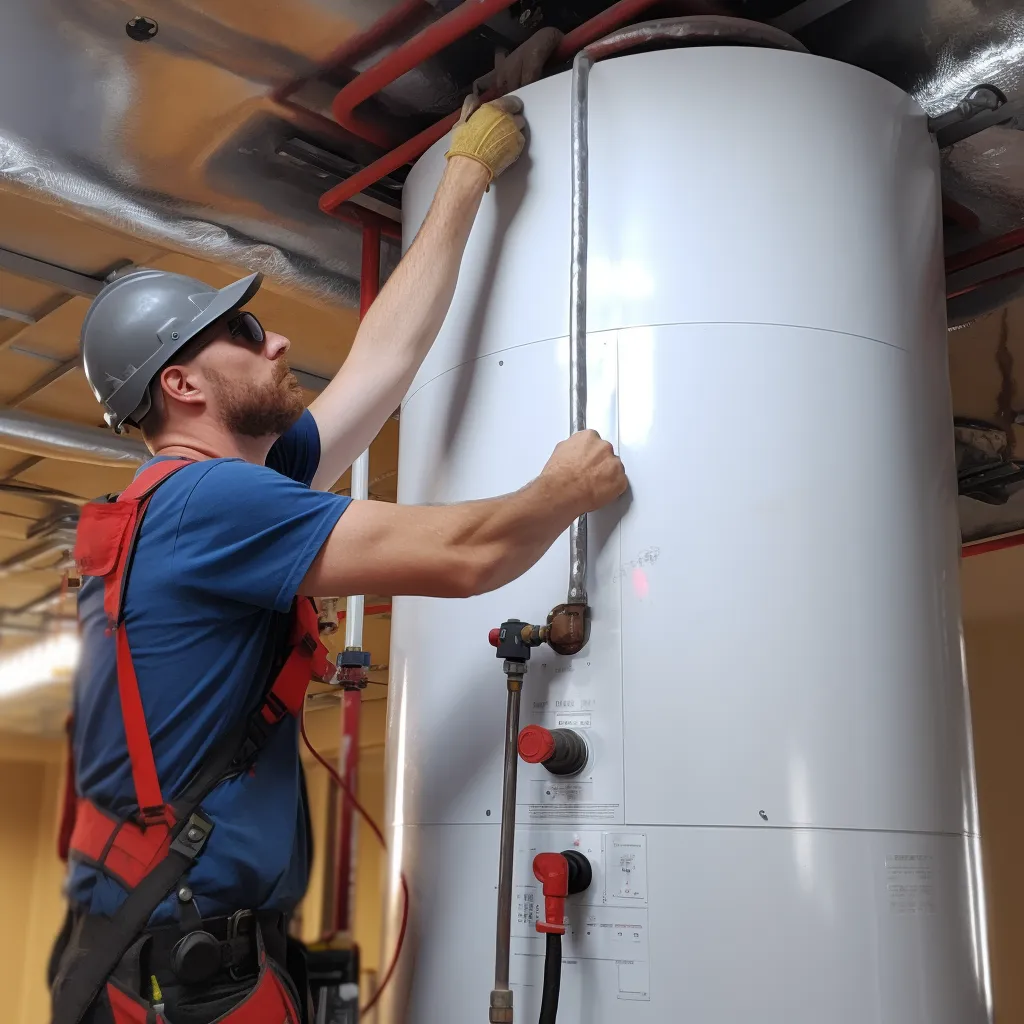
Myth #3: A bigger tank means more hot water
Choosing a larger hot water tank doesn't always translate to more hot water. While bigger tanks can hold more water, they can also result in higher energy waste and increased utility bills without generating extra hot water. On the other hand, selecting a tank that matches your household's hot water demands ensures an adequate supply without straining your finances. It's essential to strike a balance between tank size and hot water demand. Make an informed decision by choosing a tank that caters to your family's needs rather than relying solely on its capacity.
By debunking these common water heater myths, you can make informed decisions and optimize the performance of your water heating system. Don't let misconceptions dictate your choices; trust the facts to ensure a reliable and efficient hot water supply for your home.
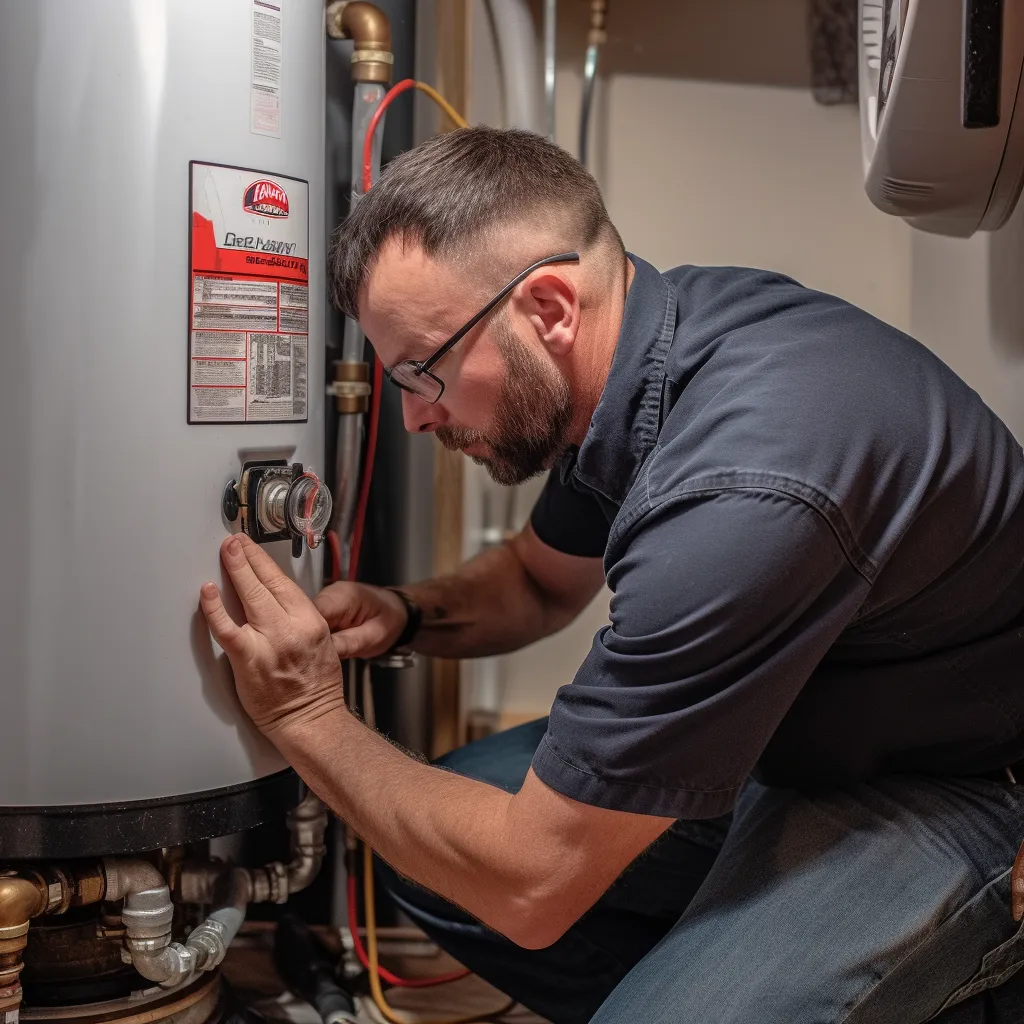

Myth #4: DIY Repair or Replacement of Hot Water Heaters
If you're facing issues with your hot water heater, it's tempting to try repairing or replacing it yourself. However, this can lead to complications and even personal injury. It's crucial to rely on professional water heater repair technicians who possess the expertise and knowledge to handle any issues effectively. Trusting professionals not only prevents further repair expenses but also provides peace of mind, knowing that the job is done correctly.
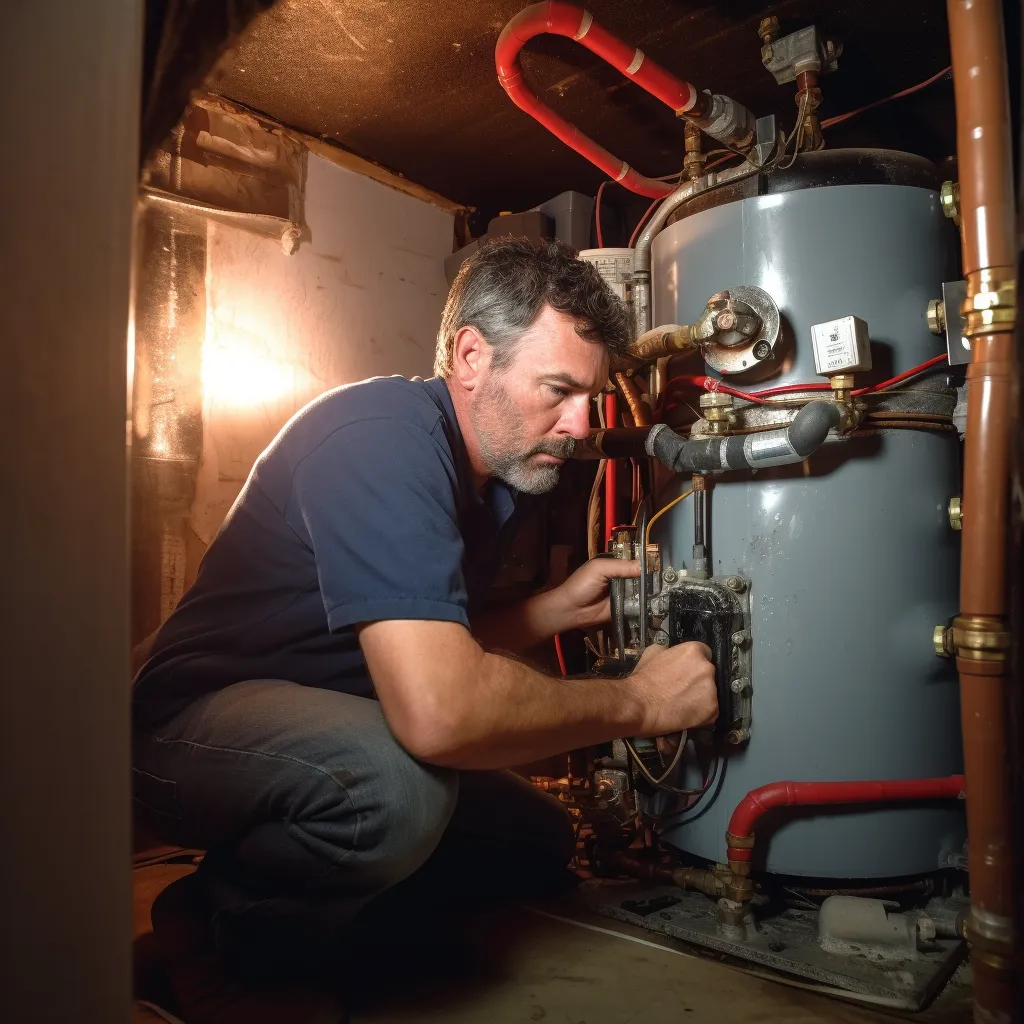
Myth #5: Flushing Your Water Heater is Unnecessary
Flushing your water heater is a critical maintenance task that ensures optimal performance and longevity. Despite the myth that it's unnecessary, sediment can accumulate in the tank over time, causing the heater to work harder and potentially malfunction. Regular flushing prevents sediment buildup, allowing the heater to operate efficiently. This not only saves you money in the long run but also guarantees a continuous supply of hot water. Don't fall for the myth - make flushing your water heater a priority!
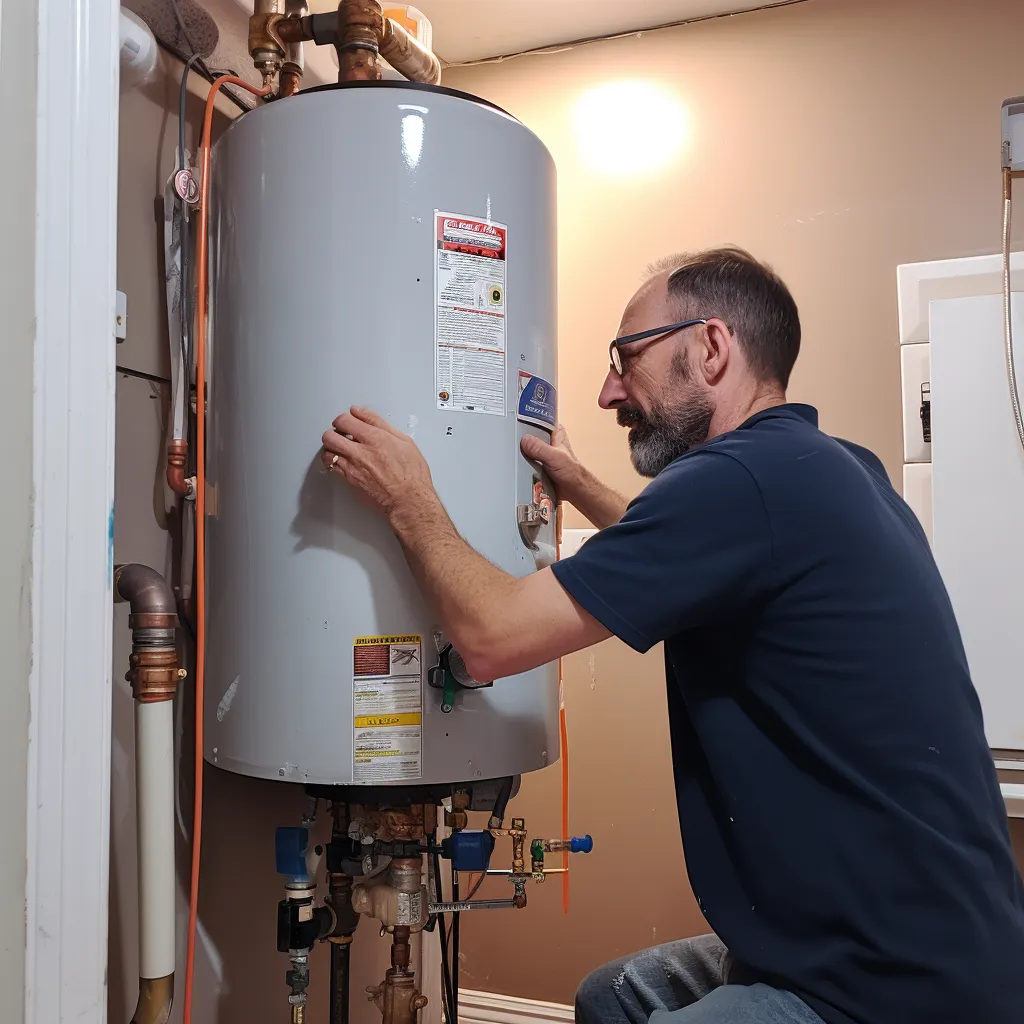
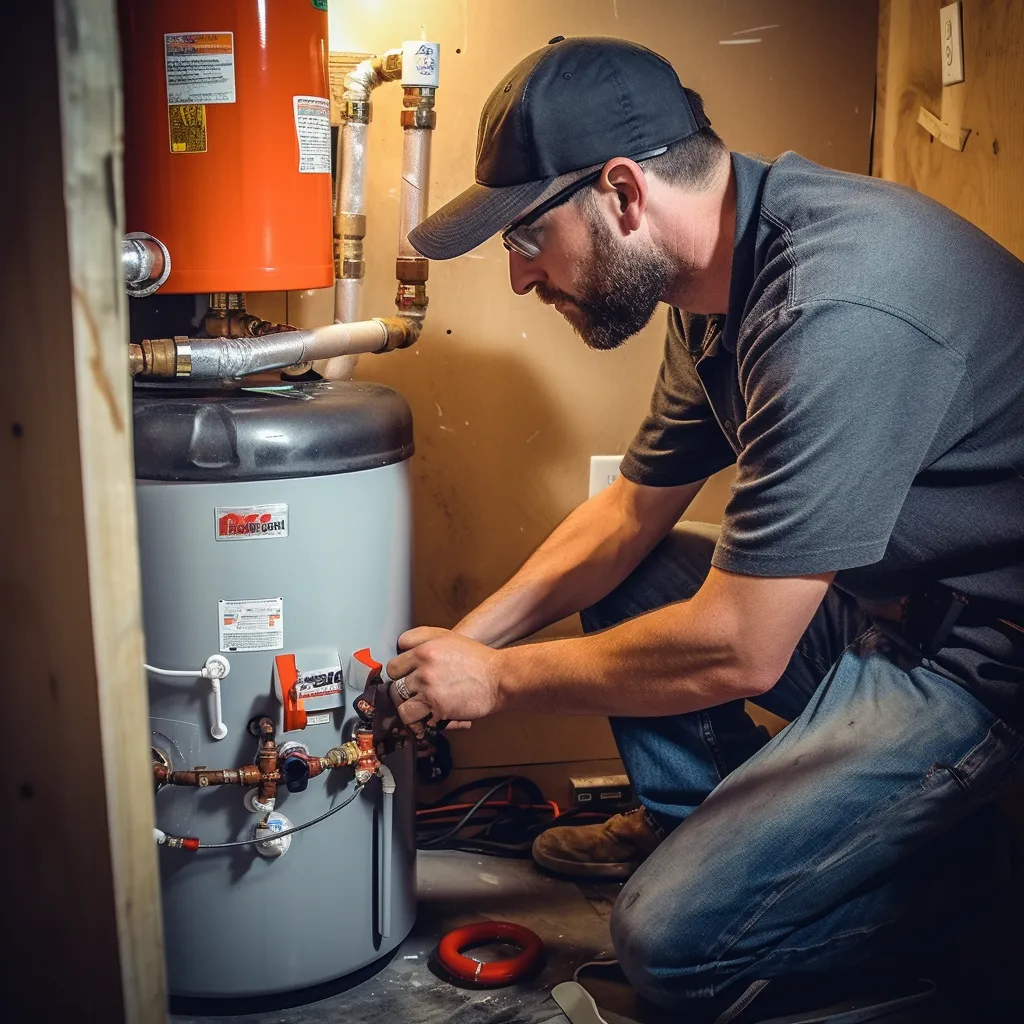
Myth #6: Outdated Water Heaters Save Money
Holding onto an outdated hot water heater with the intention of saving money is a misconception that can actually increase your energy bills. Older heaters tend to be inefficient and require costly repairs, resulting in accumulated expenses over time. Replacing your old hot water heater with a reliable, energy-efficient model is a wise decision that can save you money while improving energy efficiency in your home.
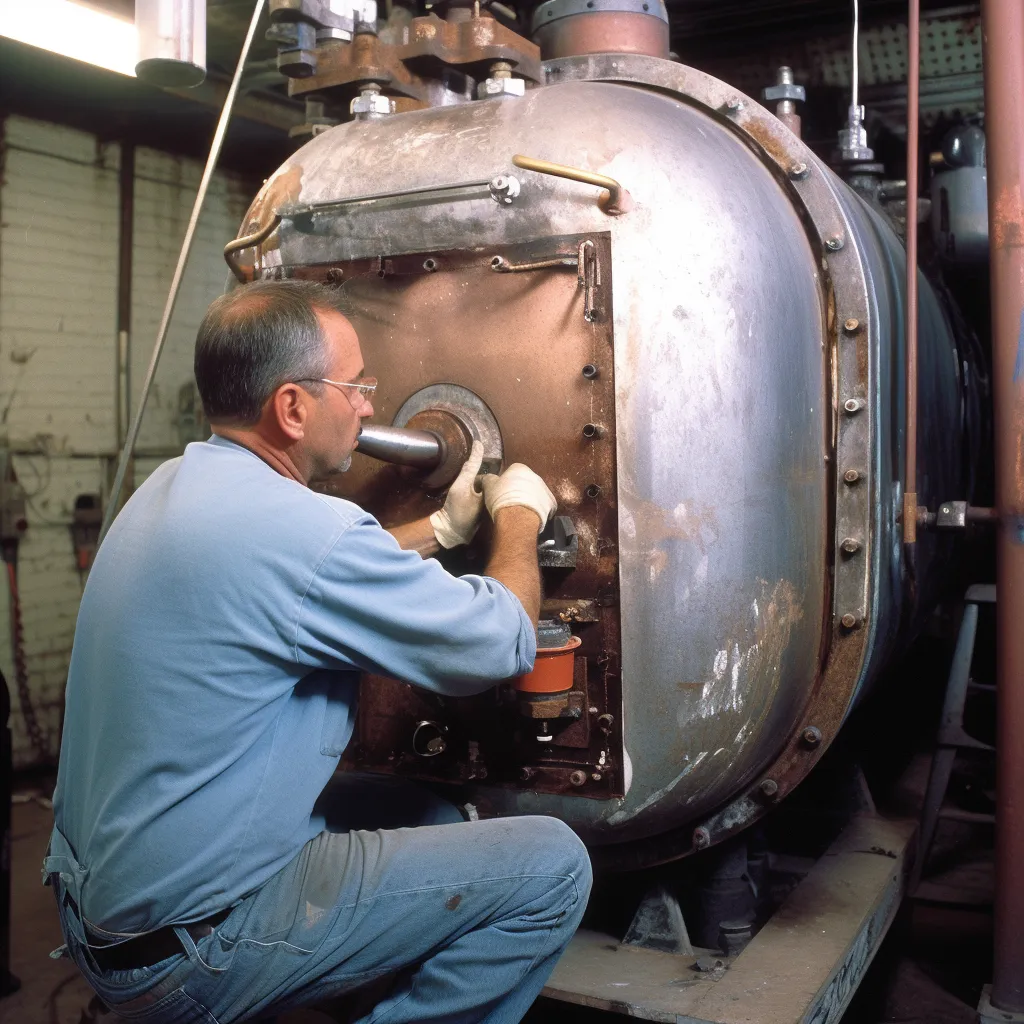
Myth #7: Bigger Water Tank Equals Better Energy Efficiency
When it comes to saving money on energy bills with your water heater, the misconception that a bigger tank is more energy-efficient prevails. However, this is not true. Without proper maintenance and insulation, a larger tank can require more energy to heat the water, leading to higher costs. It's crucial to choose a water tank based on your specific needs to ensure efficient energy consumption. Opting for a larger tank when only a limited amount of hot water is required daily results in inefficiency and increased energy consumption. Keep your tank well-maintained to reduce energy costs without the need to upgrade to a larger tank.
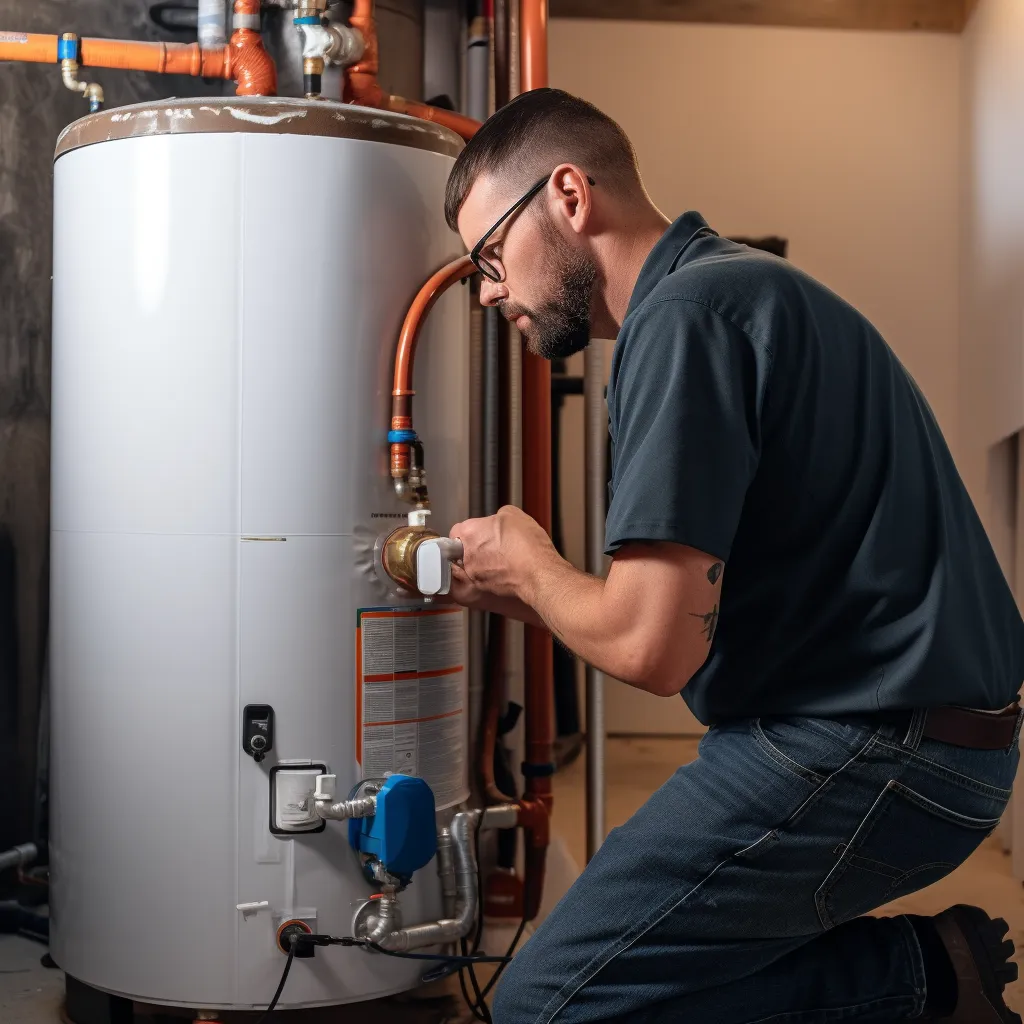
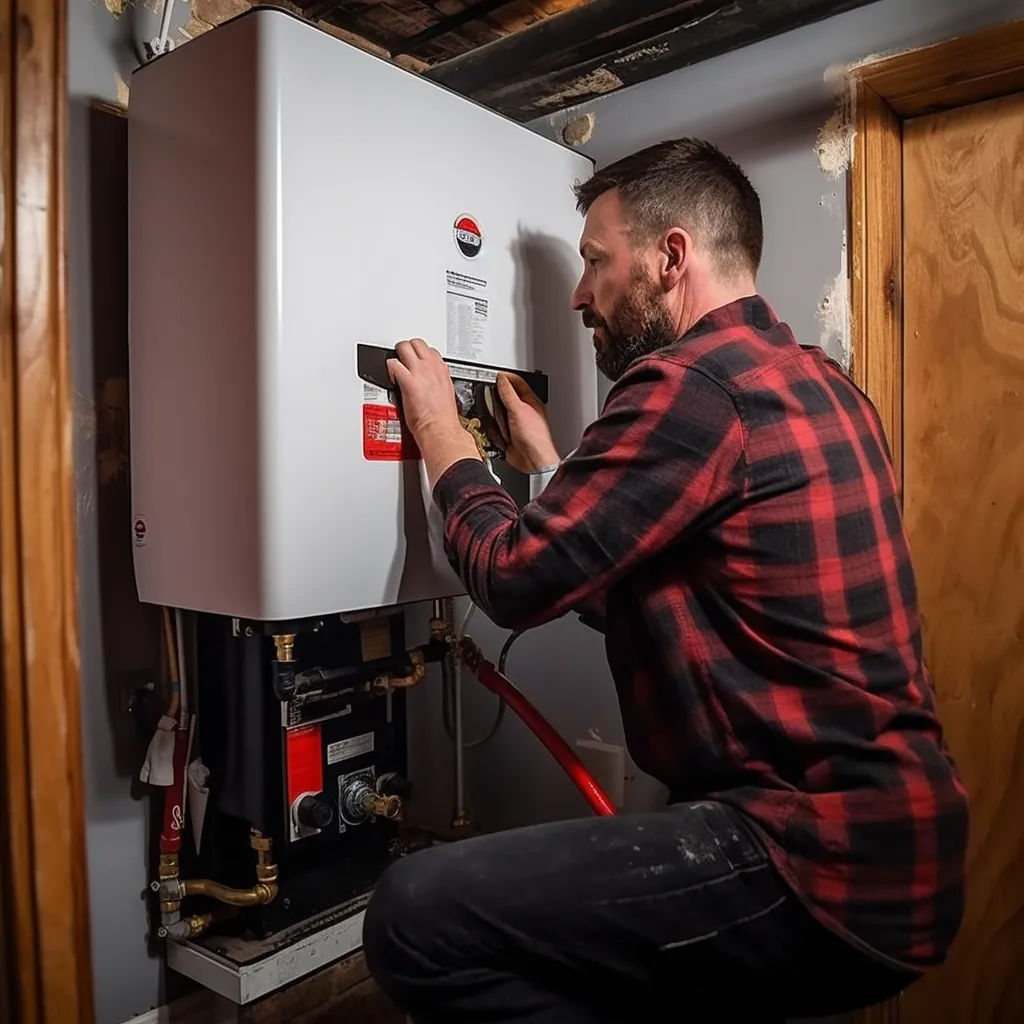
Myth # 8: Increasing Water Temperature Is Beneficial
The idea of cranking up the water temperature may seem appealing, but it's not advisable. Doing so can be hazardous and lead to severe burns, especially among children and older adults. Additionally, higher temperatures can cause mineral accumulation in pipes and fixtures, resulting in troublesome and costly issues. Moreover, higher temperatures require increased energy consumption, resulting in higher utility bills. Think twice before increasing your hot water temperature and prioritize safety.
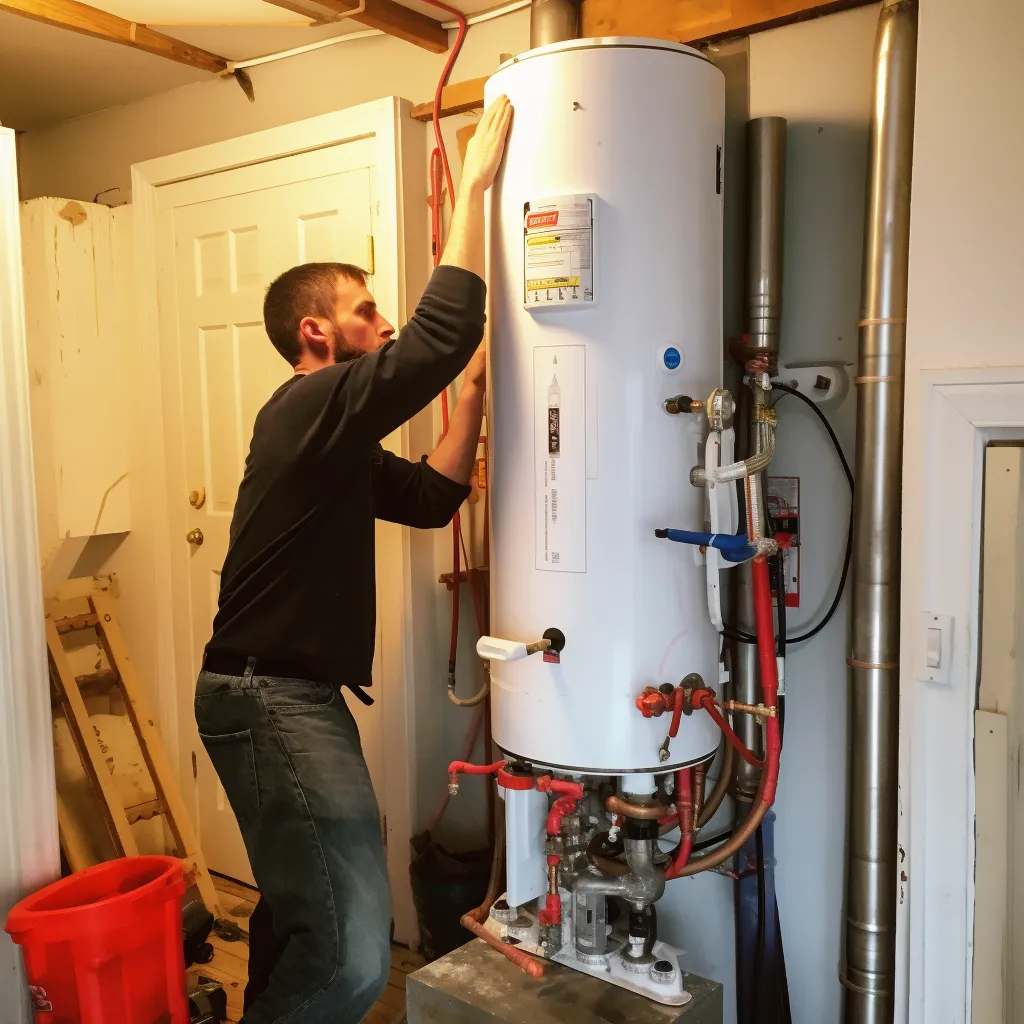
Myth #9: Setting Your Water Heater to the Highest Temperature is Optimal
Contrary to popular belief, setting your water heater to the highest temperature is not necessary for quick hot water delivery. In fact, it wastes energy and poses safety risks. Most households only need to set their water heater to around 120 degrees Fahrenheit to meet their hot water needs. This temperature not only ensures safety but also helps reduce utility bills. Striking a balance between temperature and safety is essential, as higher temperatures do not guarantee better performance.
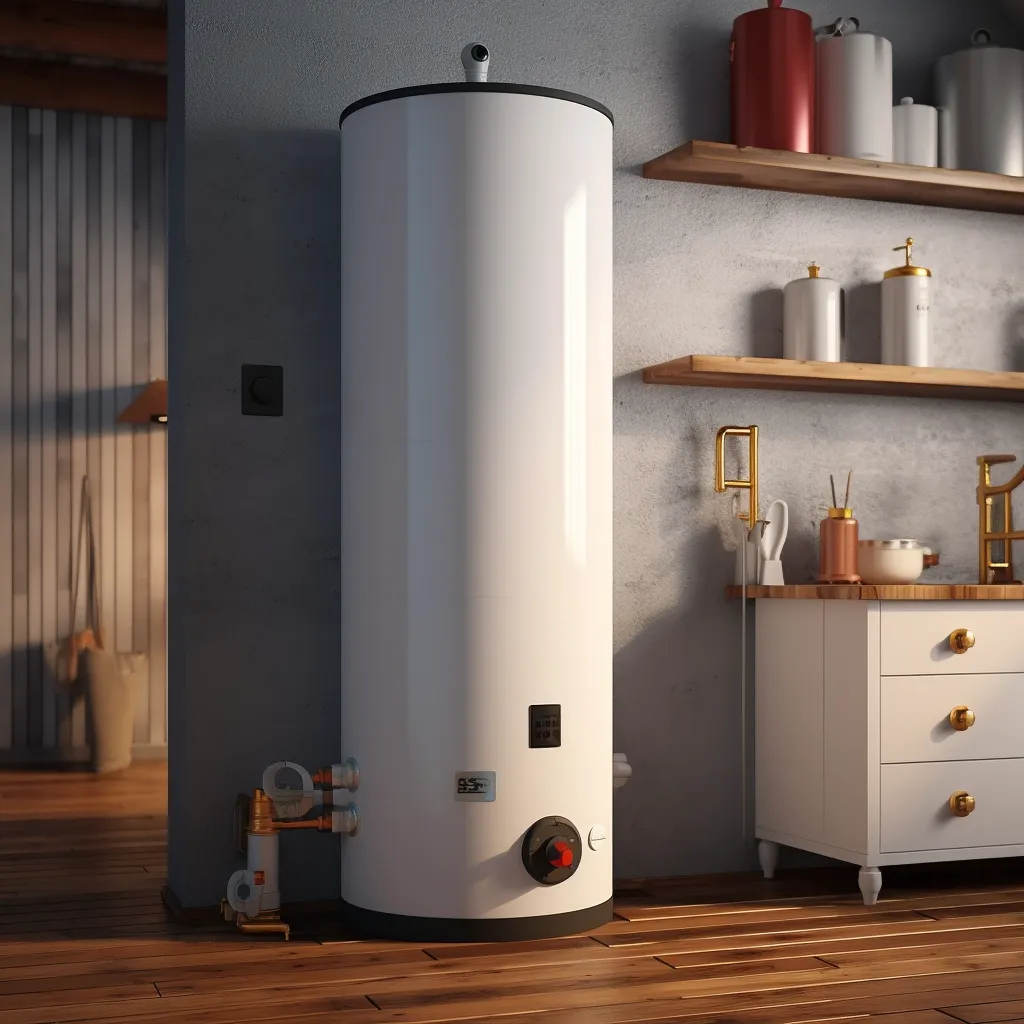

Myth #10: Water Heaters Waste Energy
While water heaters are not typically known for their energy efficiency, it's important to acknowledge that modern models incorporate advanced technology compared to older versions. For instance, tankless water heaters heat water on-demand, resulting in a more energy-efficient approach compared to constantly maintaining heat in a tank. Additionally, many water heaters come with features like insulation to prevent heat loss and timers to heat water only when needed. It's crucial to use your water heater mindfully, considering that not all models are energy-intensive.

Myth #11: Neglecting Water Heater Maintenance Is Fine
Regular maintenance is essential for the effective operation of water heaters. Believing the myth that regular maintenance is unnecessary can lead to decreased efficiency, costly repairs, or even the need for a complete replacement. It's crucial to periodically check the pressure relief valve, flush the tank to remove sediment buildup, and ensure the thermostat functions correctly. Don't risk a malfunction—take proactive measures to ensure your water heater operates optimally throughout the year. Regular maintenance is key.
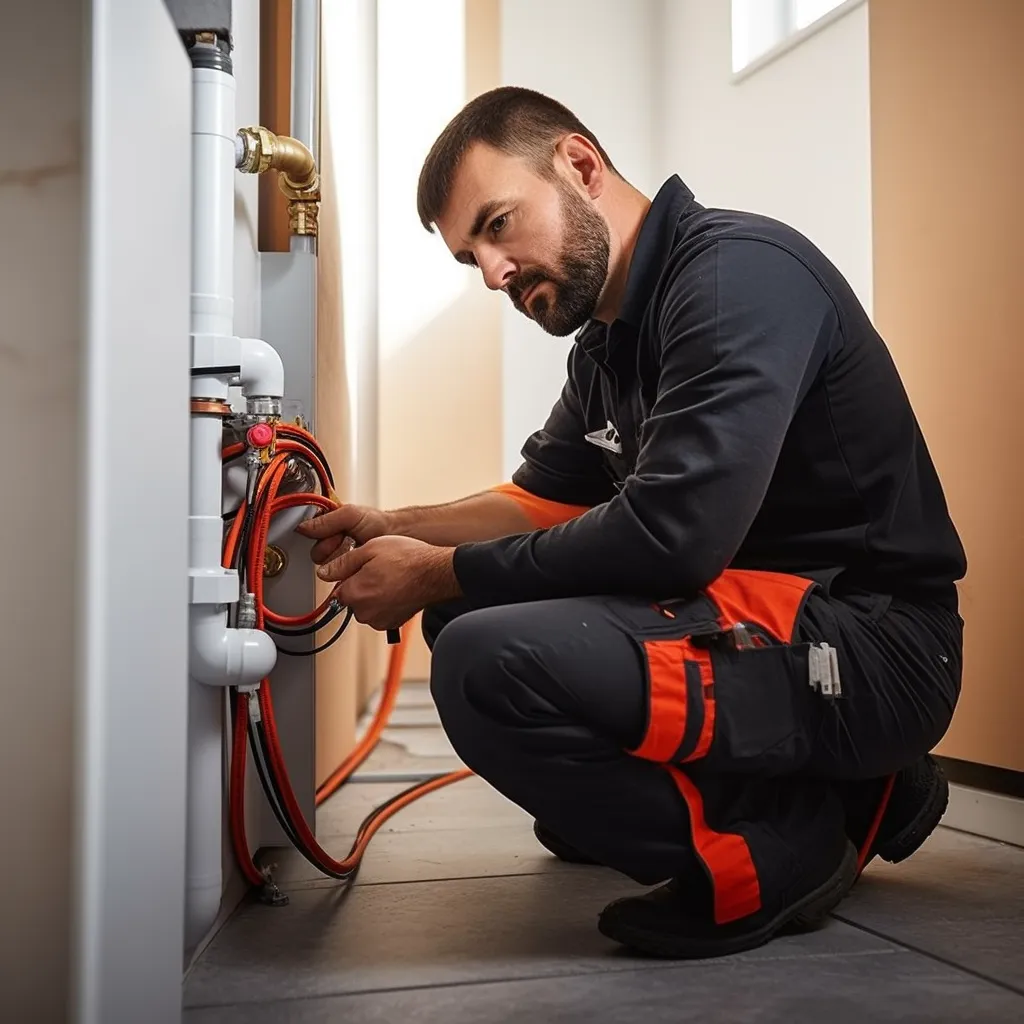
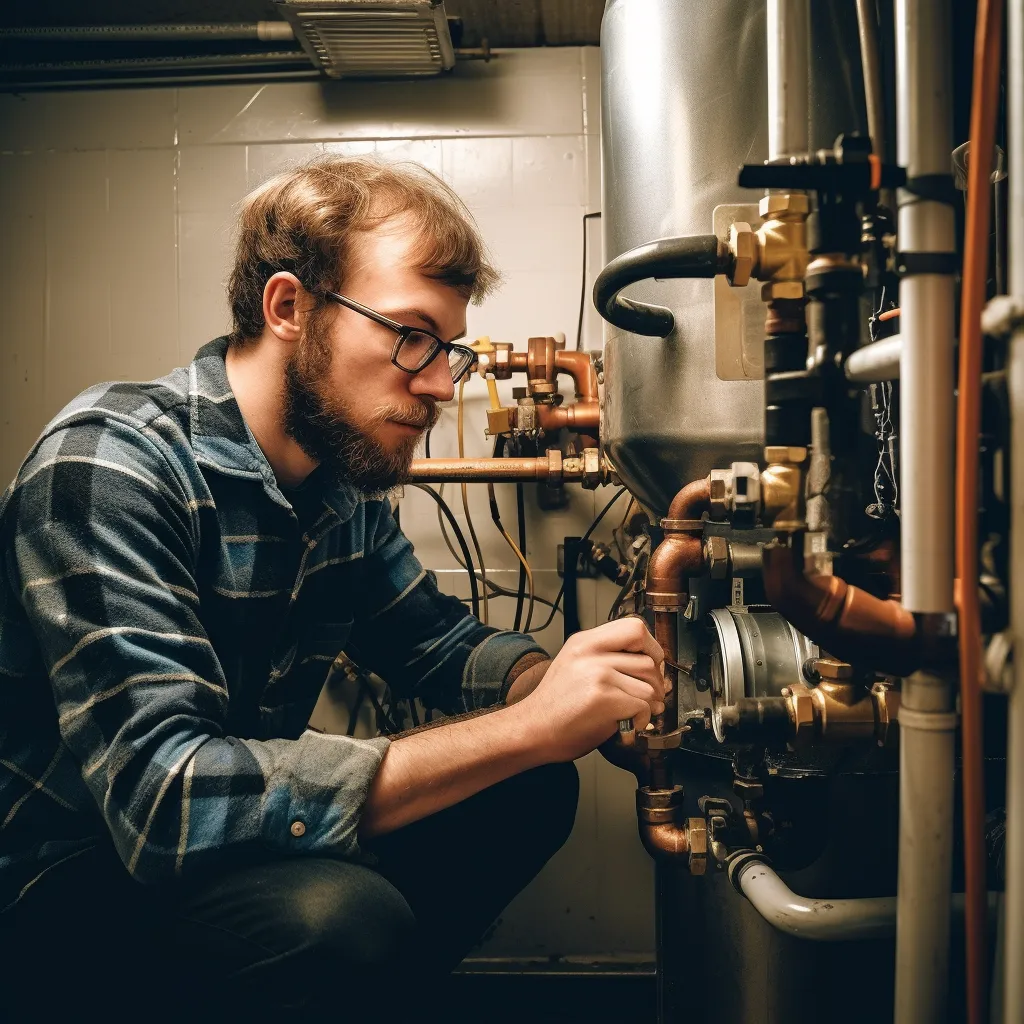
Myth #12: Any Water Heater Works for Every Home
Every home requires a water heater, but the myth that any type will suffice is incorrect. Factors such as family size, number of fixtures, and budget play important roles in selecting the right water heater for your home. Tankless heaters have different requirements compared to traditional tank models. Therefore, it's essential to consult a professional to identify the type of water heater that best suits your needs. By making an informed choice, you can have an energy-efficient and cost-friendly water heater tailored to your household. Don't be swayed by myths—make the right decision.
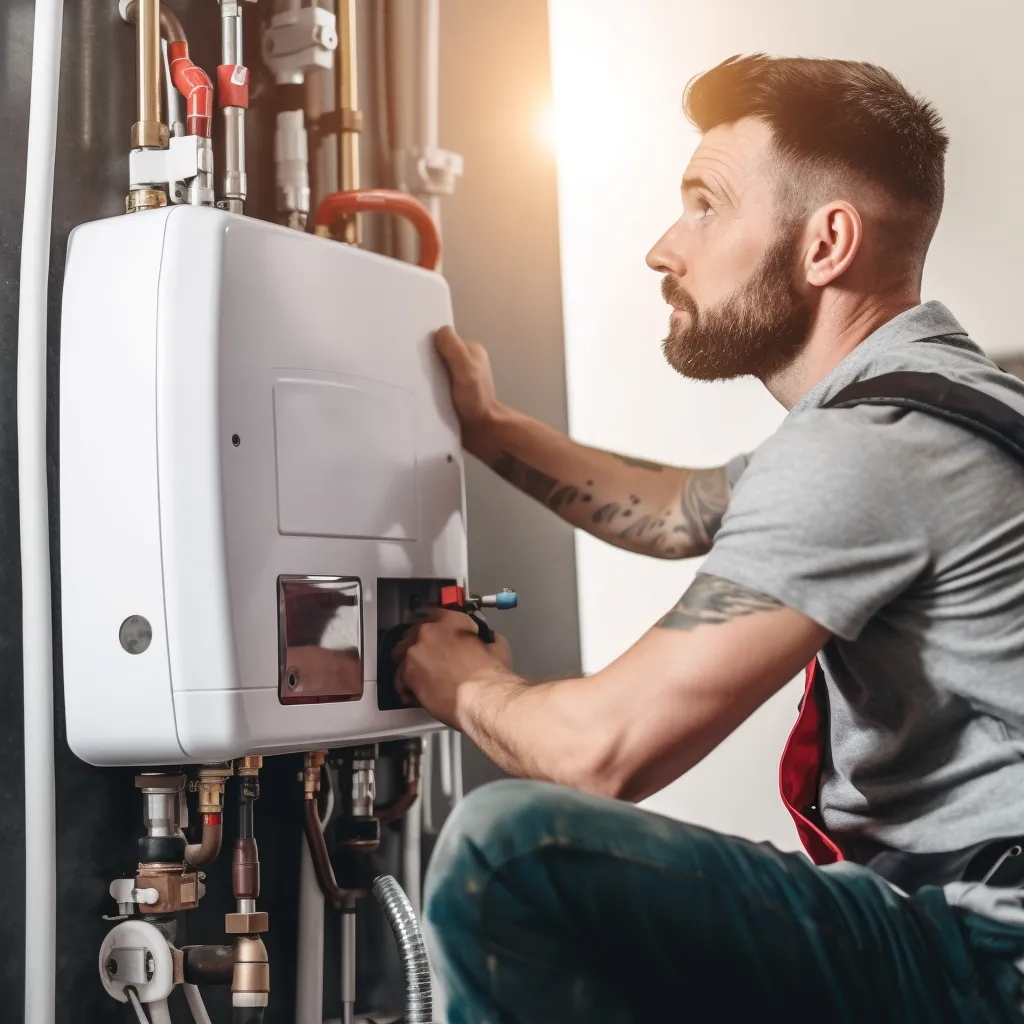
Myth #13: Hard Water Damages Water Heaters
Using hard water in your water heater is safe and doesn't cause significant damage. Water heater manufacturers test their products with hard water to ensure durability. While mineral accumulation in pipes can occur with hard water, water heaters are designed to handle it. If your area has hard water, you can use it in your water heater without concern. Hard water won't harm the unit.
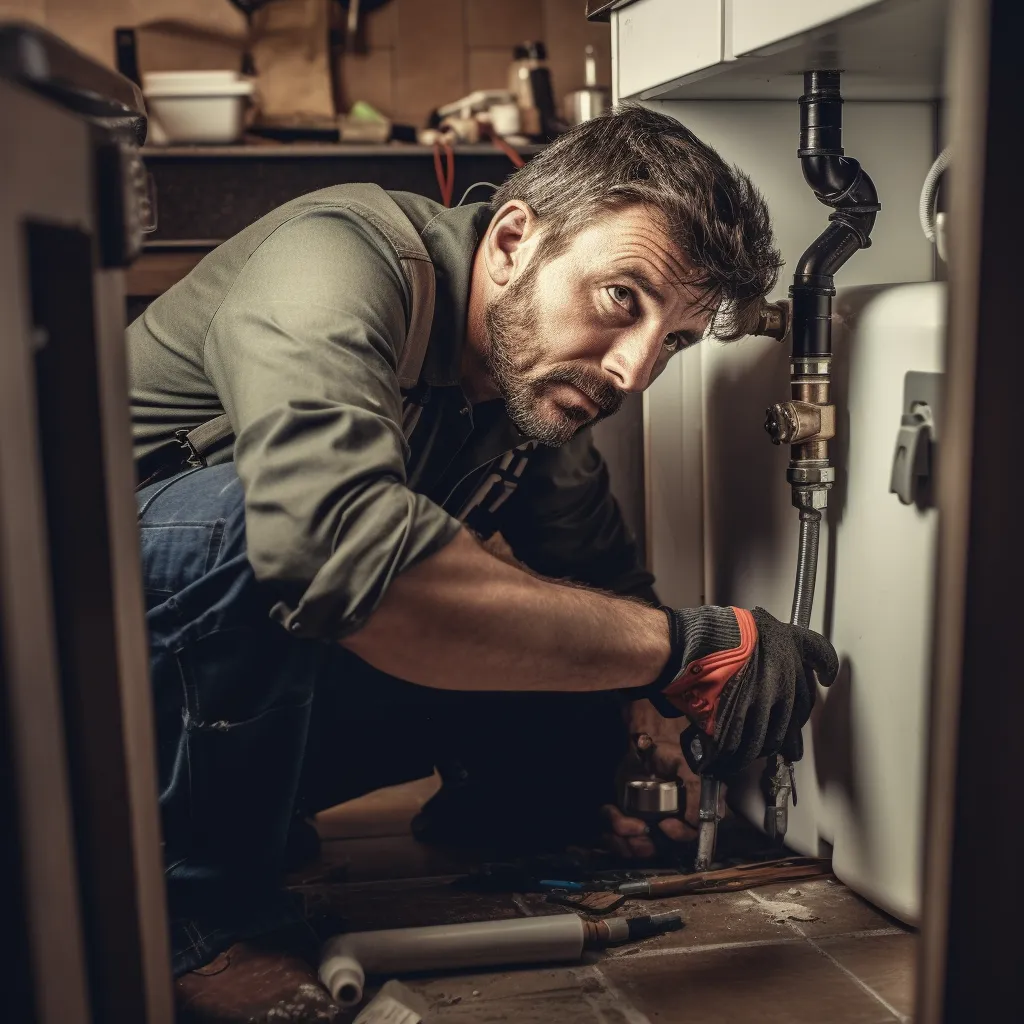
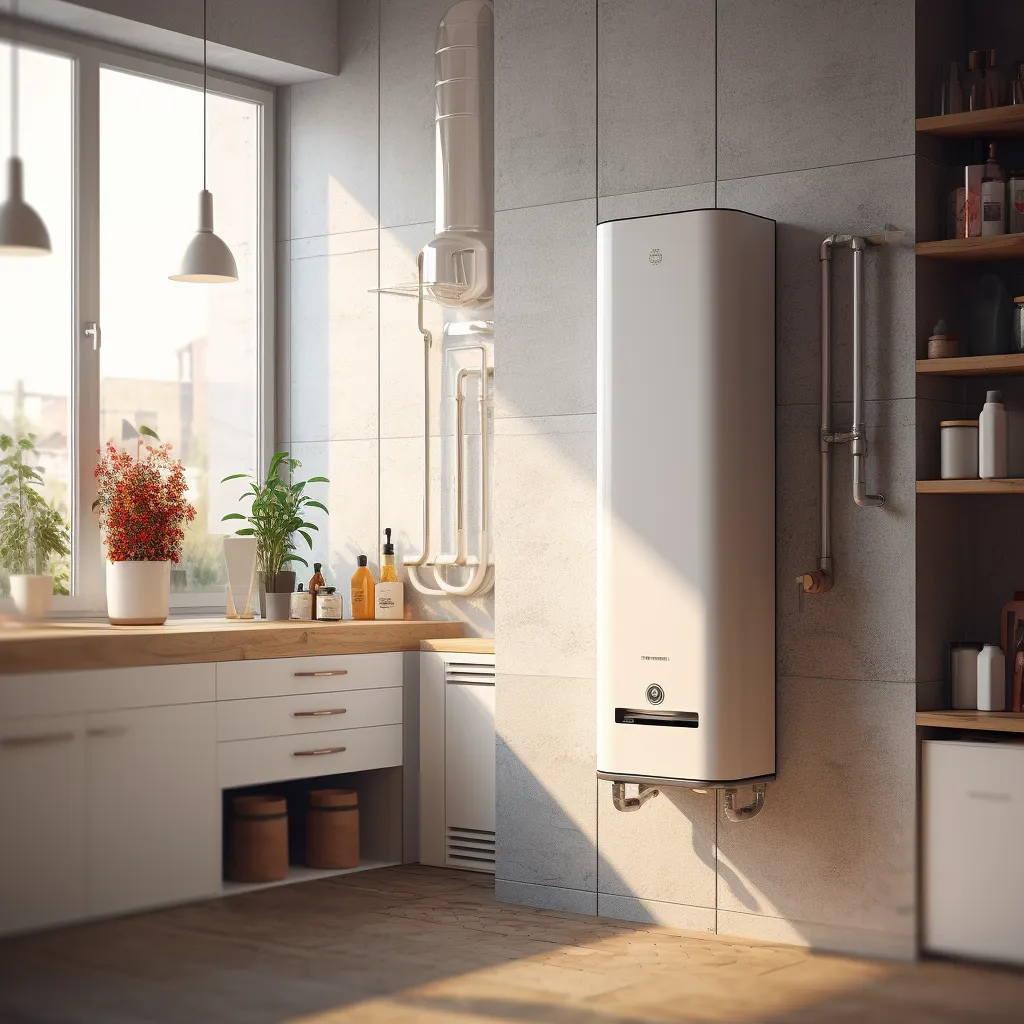
Myth #14: Tankless Water Heaters Are More Expensive
Tankless water heaters are often perceived as more costly than traditional ones. While upfront costs may be higher, they offer long-term energy and cost efficiency. Traditional heaters store and continuously heat water, even when not needed, resulting in wasted energy and higher expenses. In contrast, tankless heaters heat water on-demand, making them environmentally friendly and financially wise. They also tend to have longer lifetimes, reducing the frequency of replacements. Overall, choosing a tankless water heater is a smart investment for those seeking both financial savings and environmental benefits.
Ready to Solve Your Plumbing Needs?
For reliable, expert plumbing services tailored to the needs of Malden and its neighboring cities, look no further than Water Heater Genies. We’re here for you 24/7, ensuring that your plumbing is always in top condition.
Call us today to schedule your service!
Business Hours: Monday - Sunday, 24 Hours
Phone Number: (781) 679-1733
Location: Malden, MA serving all surrounding areas.
Trust your local experts at Water Heater Genies for professional, timely, and efficient plumbing solutions.
GET IN FULL TOUCH
PHONE: (781) 679-1733
EMAIL:
marcus@waterheatermalden.com
Water Heater Genies
Malden, MA 01248
